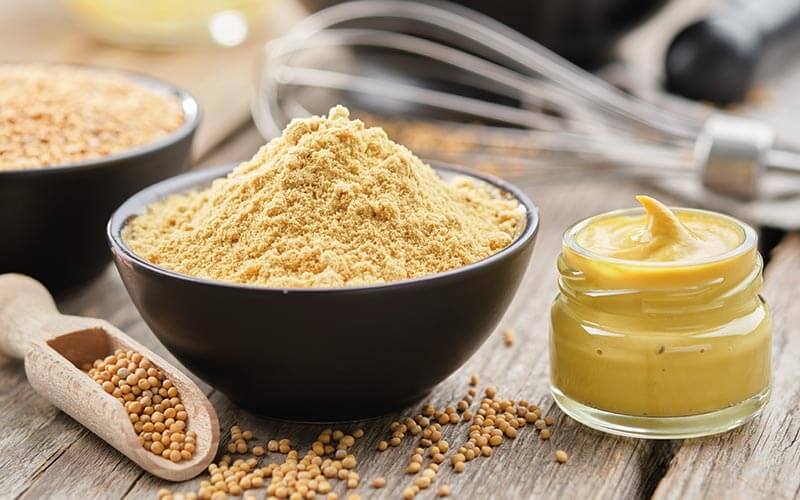Spicy foods: advantages and disadvantages of eating them
While some people enjoy eating spicy foods and experiencing the sensation on the tongue, others will suffer a hot flush with even a pinch.
The truth is that spicy food is a perfectly acceptable component of a healthy, balanced diet. Even during menopause, spicy foods can have health benefits (1). So, let's take a look at the pros and cons, plus some tips on how to keep enjoying these foods.
Benefits of eating spicy foods during menopause
Adding spice to your diet has a number of benefits, such as (2,3):
- It can increase your life expectancy if you eat it six or seven times a week. This was found in 2015 by researchers at Harvard and China's National Center for Disease Control and Prevention.
- Also, it increases basal metabolism and decreases your appetite, which can help you lose weight.
- It reduces inflammation in the body. This can improve symptoms of arthritis, headaches and nausea.
- It helps to eliminate harmful bacteria from your body, thanks to its antioxidant properties.
- It reduces risk of high blood pressure, high cholesterol and type 2 diabetes.
Disadvantages of spicy foods in menopause
Although there are many benefits to eating spicy food, there are also disadvantages. Some of these are (4,5):
- It can cause stomach irritation. This can lead to gastritis, ulcers, different types of haemorrhoids and intestinal diseases such as colitis.
- It can cause heartburn and reflux, due to its acidic and irritating properties.
- And worsen some symptoms of menopause, such as hot flushes and sweating.
Tips for eating spicy foods safely during menopause
If you have enjoyed these foods all your life, there is no reason to deprive yourself of them at this stage. Remember that menopause is a beautiful phase that every woman goes through, despite some uncomfortable changes. For this reason, we share our top tips to consume them without affecting your well-being.
Avoid them at night
Spicy foods are known to trigger or worsen hot flushes. This is why most specialists insist that you don't eat them. However, if you don't want to cut them out of your diet, try not to eat them at night. This way, you will be less likely to experience night sweats, difficulty sleeping and the onset of symptoms of irritable bowel syndrome, which is very common in menopause (5).
Reduce the consumption of spicy food
If you don't want to give up spicy food, try to reduce or balance it. For example, don't add spice to all your meals, or if you do, try to keep it very mild. This will reduce symptoms such as hot flushes (6).
Instead, try to increase foods containing probiotics and prebiotics, which will help with these symptoms. The benefits of fibre are also widely known to improve gut health, especially during the menopause (7).

Look for alternatives
If you follow the above advice but continue to experience hot flushes and night sweats, avoid eating spicy food and look for healthy alternatives. For example, eliminate cayenne pepper, hot sauce and chillies. To maintain the flavour of your meals, try using herbs such as thyme, cumin, turmeric, basil and curry, which also help relieve chronic constipation (7,8).
Use your judgement
Spicy foods may increase symptoms in many women; however, it may not have the same effect on others. Because this reaction is individual, try to use your sense of judgement when it comes to including spice in your diet. If it does not cause a reaction, continue to consume it in moderation; if it worsens your symptoms, avoid it (9).
Now, remember that even if you eat spicy food, your diet should be as healthy and balanced as possible. That is, increase your intake of fibre, water, healthy fats, whole grains, quality protein, and vegetables, fruits and vegetables (7).
Although the menopause may demand changes in your lifestyle, it doesn't mean that you should deprive yourself of the things you like, especially spicy foods in your diet. The secret is to do it in moderation, be vigilant in monitoring your symptoms and follow the tips listed above.



